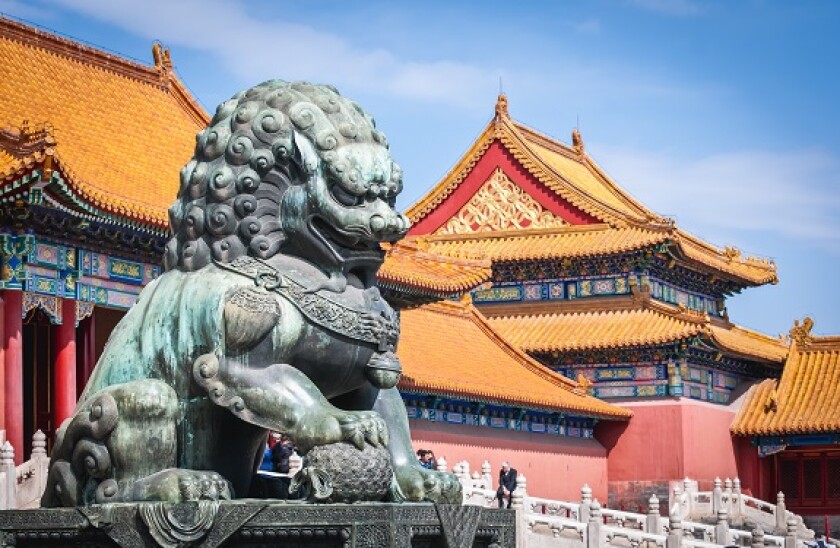China’s transaction last week, which was split across four heavily oversubscribed tranches, was its annual outing to court international investors and share its long-term plans. Since 2017, China has made a fourth quarter visit to the dollar market, using its roadshow as an opportunity to talk about its initiatives and goals.
Investor calls for the latest deal included talk around a five-year plan and the country’s efforts in the environmental, social and governance (ESG) sector. But while ESG was a key focus, China shied away from selling an ESG bond, instead opting for a conventional deal. That was a missed opportunity.
There are plenty of reasons why the country should have gone down the ESG route this time, despite having never sold a green, social or sustainable bond before. China has made it clear in recent years that ESG is a key priority. It has actively encouraged domestic and international deals, making the country one of the leading sources of green bonds globally. China also stepped into the social bond sector this year when Bank of China sold a Covid-19 linked social bond in February. The deal was the country’s maiden social bond, as well as the first international Covid-19 transaction globally.
President Xi Jinping has also set ambitious targets for carbon emission, saying just last month that China is aiming for its carbon dioxide emissions to peak before 2030, and become carbon neutral by 2060. While details are still hazy on how it plans to achieve these objectives, an SRI-linked bond would have gone a long way in reaffirming that commitment.
A green, social or sustainability bond from the country would make a statement. It would put China on a par with the growing number of sovereign issuers that have put their money where their mouths are and sold green bonds over the past couple of years.
Such a label would also be a marketing boon for the country, allowing it to push its agenda internationally and attract even greater investor attention.
Of course, China certainly captured attention with its conventional bond, but the addition of a green, social or sustainability label would have opened its transaction to a new pool of investors, expanding its reach and possibly bringing a price advantage.
More importantly, selling a sustainability or social bond this year would have been particularly noteworthy because of the Covid-19 pandemic. A host of borrowers around the world — including sovereigns, multilateral development banks, commercial and policy banks, and corporations — have sold Covid-19 response social bonds this year, in a bid to tackle the effects of the health crisis.
Earmarking even one of its four-tranche trade for Covid relief would have shown the world that China intends to be a leader in using the capital markets for social good and for fighting a pandemic that is still plaguing many countries in the world.
China has admittedly made its mark in the domestic market, by reviving special treasury bonds that were linked to the Covid-19 pandemic. But they were sold purely onshore and did not carry an explicit ESG label.
The sovereign has been steadily growing its international fundraising each year, adding to the size and tranches that it markets. The addition of the 144A format last week was significant, and an impressive feat during a time when China’s global position is so tied up in its battle with the US. But China has the ability to push further. If its transactions are international benchmarks for Chinese issuers, as the sovereign intends, then it is its responsibility to set green, social and sustainability benchmarks as well.
Chinese borrowers are watching — as is the rest of the world.

